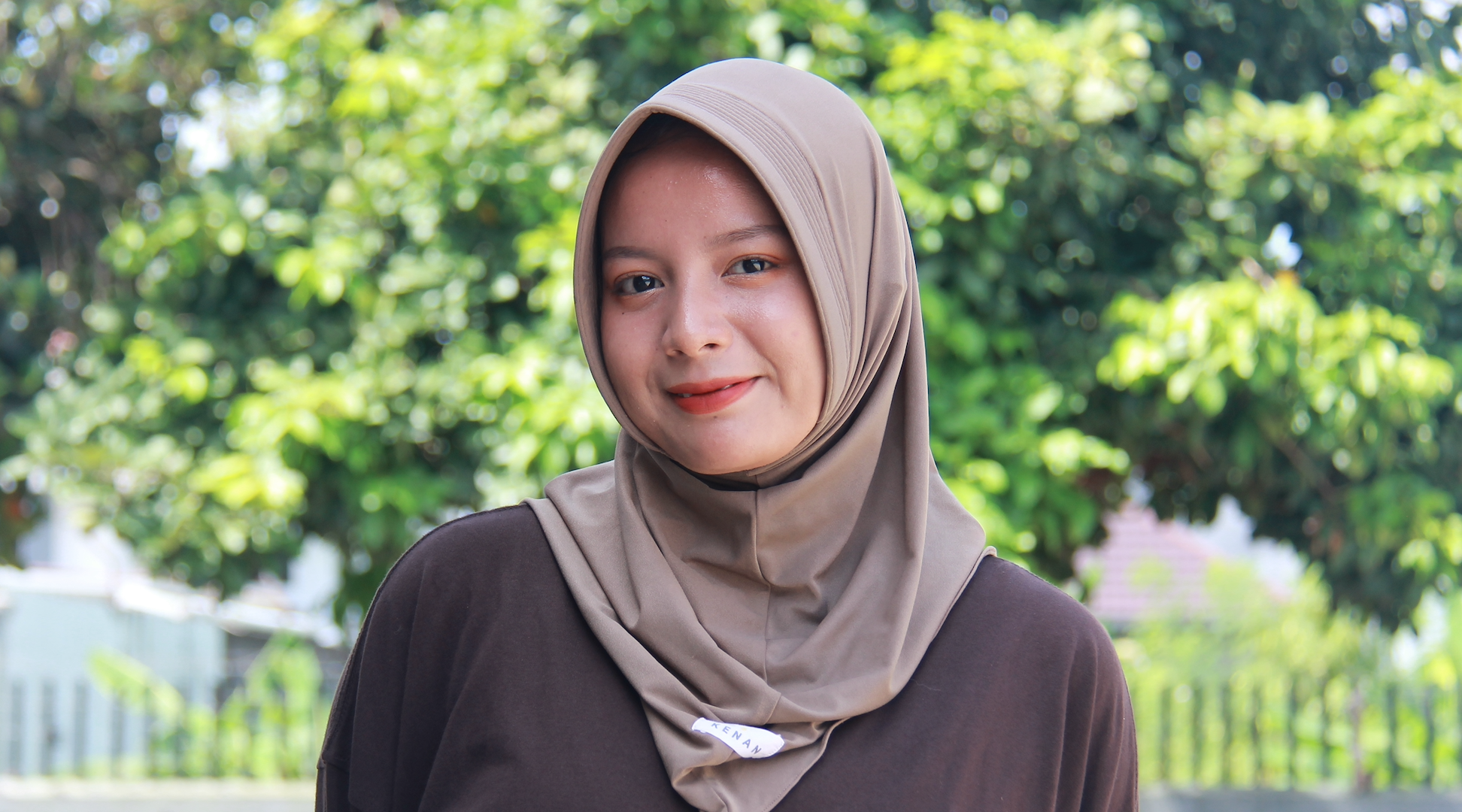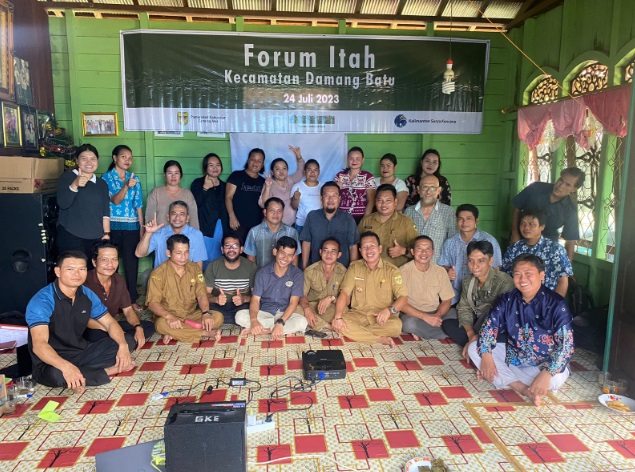KKC Scholarship Success Story: Making a Difference in Village Communities

Through the Kalimantan Kids Club (KKC) scholarship, YTS supports students in our partner villages to complete their education and open opportunities for the future. The program helps young people build skills and confidence so they can contribute to their communities.
Amel’s journey reflects how this vision can take shape over time. In her final year of university, she received the KKC scholarship, which helped her graduate. Soon after, she joined YTS as an intern, giving assistance to the project in Bukit Batu, which is her hometown. The internship introduced her to community development work and encouraged her to apply for a Program Officer position in YTS.
Her first assignments took her to remote areas in Kahayan Hulu Utara. She remembers travelling by klotok (small, motor powered boat) for the first time and working in Dayak communities where she did not know the local language. With support from other staff, she adapted and built trust with the people she met. Later, she was assigned to Sanaman Mantikei, where the diversity of the ethnic groups made it easier for her to blend in.
Amel explained that she learned a lot from observing YTS staff in the field during her scholarship days. She saw how they worked closely with the community in her own village and other areas, building trust through daily interaction. As a Program Officer, she takes the same approach by spending time with villagers, listening to their concerns, and discussing possible solutions. She believes that change in a village works best when it happens step by step, keeping local values while helping people gain skills for today’s needs.
She gave the example of one of YTS’s program activities for computer training in villages such as Tumbang Kawei, Tumbang Taranei, Tumbang Kanei, and Kamanto, where most villagers had never used a computer. She started with the basics, teaching how to open Microsoft Word, create letters, make tables, and insert pictures, using language that was easy to follow so participants were not afraid to learn. By the end of the sessions, participants who had never typed before were able to prepare their own village administration documents. Months later, she learned that they were still making their own letters, which made her proud because the training continued to benefit village administration. For Amel, these moments show how the support she once received through the KKC scholarship has come full circle, allowing her to share what she has learned and contribute to the changes she hopes to see in the communities she works with.





